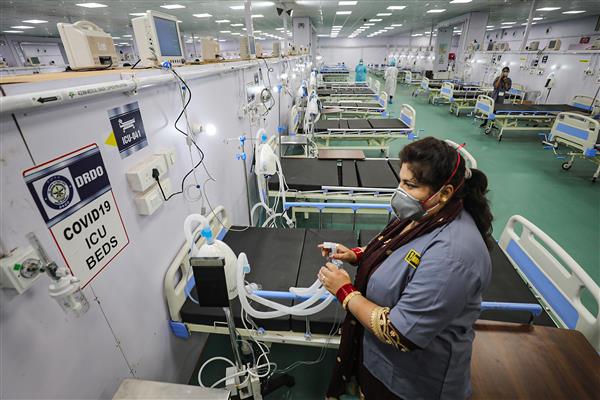New Delhi, August 22
Researchers at Jodhpur’s IIT and AIIMS have been studying a dangerous bacteria called Klebsiella pneumoniae, a major cause of hospital-acquired infection, and found it develops a viscous protective covering around itself which is one of major factors behind its high virulence and antibiotic resistance.
The study, being performed in collaboration with Vellore Institute of Technology, uses genomics and molecular biology approaches to identify new genes responsible for the bacteria’s potency. The research has been published in the journal “Microbiology Spectrum”.
Klebsiella pneumoniae is one of the pathogens on the World Health Organisation’s priority list and is a significant cause of hospital-acquired diseases such as pneumonia, bloodstream infections, and infections among ICU patients and newborns.
According to officials, because of its high virulence and antibiotic resistance, the management and treatment of Klebsiella pneumoniae have challenged the medical and scientific community worldwide.
“One of the ways in which Klebsiella pneumoniae escapes the body’s immune system, and antibiotics is by producing an extremely sticky and viscous protective covering (hypermucoviscosity) around itself,” said Shankar Manoharan, Assistant Professor, Department of Bioscience and Bioengineering, IIT Jodhpur.
Hypermucoviscosity can be identified by the string test, in which a bacterial colony growing in laboratory media is touched using an applicator, which is then slowly lifted off the colony. If a sticky string of 5 mm or more extends from the colony to the applicator, the bacteria is hypermucoviscous and highly virulent.
Discussions
Discussions
